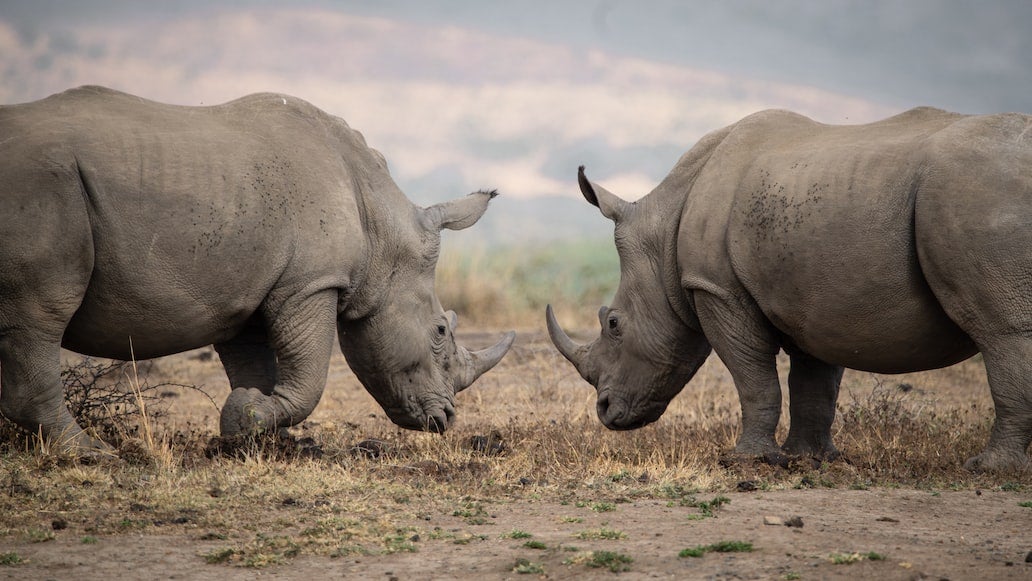Ivory and rhino horn is being smuggled through Angola by traffickers disguised as tourists
Two foreign nationals were recently arrested at the international airport, in possession of illegal wildlife body parts

Your support helps us to tell the story
From reproductive rights to climate change to Big Tech, The Independent is on the ground when the story is developing. Whether it's investigating the financials of Elon Musk's pro-Trump PAC or producing our latest documentary, 'The A Word', which shines a light on the American women fighting for reproductive rights, we know how important it is to parse out the facts from the messaging.
At such a critical moment in US history, we need reporters on the ground. Your donation allows us to keep sending journalists to speak to both sides of the story.
The Independent is trusted by Americans across the entire political spectrum. And unlike many other quality news outlets, we choose not to lock Americans out of our reporting and analysis with paywalls. We believe quality journalism should be available to everyone, paid for by those who can afford it.
Your support makes all the difference.By Pedro Tchindele for Radio Ecclesia
The Quatro de Fevereiro International Airport, Angola’s capital city Luanda, has recently been the gateway for many disguised tourists, with the clear intention of illicit trafficking of ivory and rhino horn. In the last three months alone, the Criminal Investigation Service (SIC), coordinating with other forces in the airport’s security system, detained two Vietnamese citizens in possession of 26 kilograms of ivory worked into jewellery; four kilograms of raw ivory; rhino horns, weighing 6.6 kilograms; and five rolls of elephant tail yarn, weighing eight grams. Speaking to Radio Benguela’s Pedro Tchindele, SIC spokesperson, Manuel Alaiua, revealed that the accused had been recruited to transport the said product, as he had been in the country for only five days, and intended to return to where he had come from same route of entry – Vietnam / Dubai / Luanda – with the product in his possession. The other perpatrator, also of Vietnamese nationality, was in Angola with the same purpose.
Listen to Pedro’s full report, in Portuguese, here:
This article is reproduced here as part of the African Conservation Journalism Programme, funded in Angola, Botswana, Mozambique, and Zimbabwe by USAID’s VukaNow: Activity. Implemented by the international conservation organization Space for Giants, it aims to expand the reach of conservation and environmental journalism in Africa, and bring more African voices into the international conservation debate. Written articles from the Mozambican and Angolan cohorts are translated from Portuguese. Broadcast stories remain in the original language.
Join our commenting forum
Join thought-provoking conversations, follow other Independent readers and see their replies
Comments